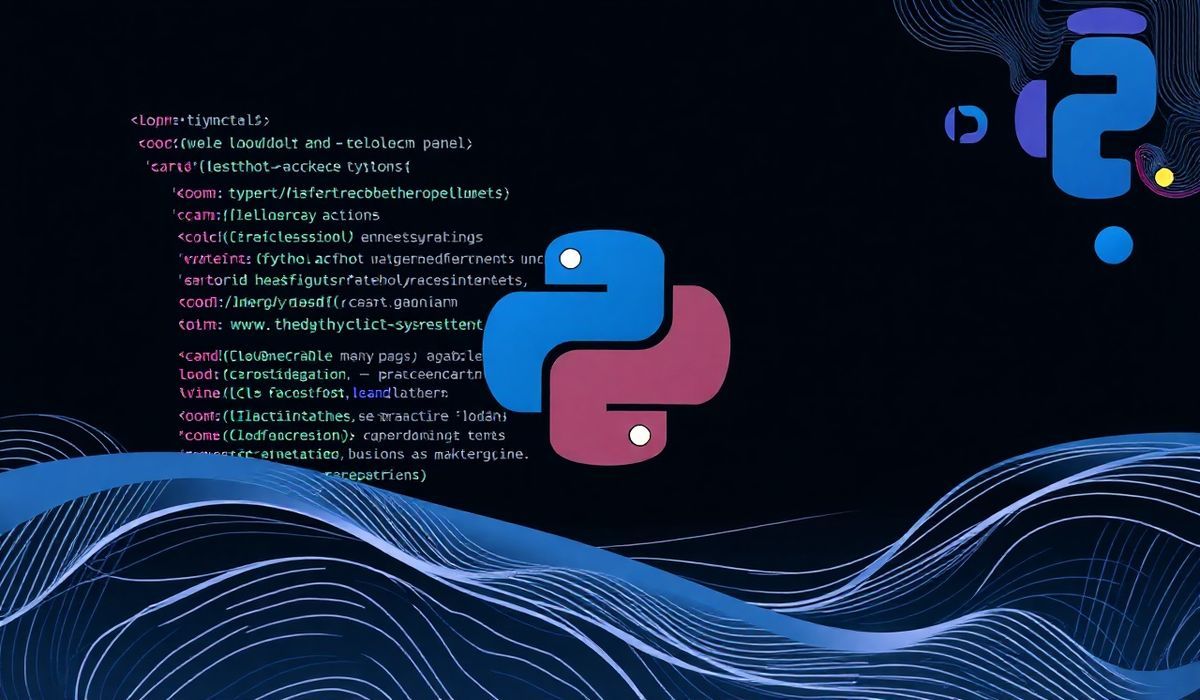Introduction to Typing Extensions
typing-extensions is a robust library designed to complement the standard typing module in Python. It enables using new typing features even in older Python versions, making your code more adaptable and forward-compatible. Whether you are working with Python versions that don’t yet have the latest features or need polyfills for typing constructs, typing-extensions can be a lifesaver.
Core Features and APIs of Typing Extensions
The typing-extensions library extends functionality by introducing additional APIs and utilities. Here are some of its most useful features:
1. Protocol
Protocols define structural subtyping (or “duck typing”). A class that implements all the methods and properties declared in the protocol is compatible with that protocol.
from typing_extensions import Protocol
class SupportsWrite(Protocol):
def write(self, data: str) -> None:
pass
class FileWriter:
def write(self, data: str) -> None:
print(f"Data written: {data}")
def save_data(writer: SupportsWrite, data: str) -> None:
writer.write(data)
# Usage
fw = FileWriter()
save_data(fw, "Hello, Typing Extensions!")
2. TypedDict
TypedDict enables dictionary-like objects with a fixed set of keys and value types, making your code safer and easier to debug.
from typing_extensions import TypedDict
class Movie(TypedDict):
title: str
year: int
my_movie: Movie = {"title": "Inception", "year": 2010}
3. Literal
Literal allows specifying exact values a variable can accept.
from typing_extensions import Literal
def set_status(status: Literal["success", "failure"]) -> None:
print(f"Status set to: {status}")
set_status("success")
# set_status("unknown") # Fails static type checking
4. Final
Use Final to declare variables or methods that shouldn’t be overridden or reassigned.
from typing_extensions import Final
MAX_USERS: Final = 100
class Base:
def greet(self) -> None:
print("Hello!")
class Derived(Base):
def greet(self) -> None:
print("Welcome!") # Type checkers flag this as an error if marked Final
5. Annotated
Annotated allows you to associate metadata with a type hint.
from typing_extensions import Annotated
UserID = Annotated[int, "The ID of the user"]
def get_user(user_id: UserID) -> str:
return f"User {user_id}"
6. Concatenate
Allows defining callable types that concatenate arguments.
from typing_extensions import Concatenate, Protocol
class Logger(Protocol):
def log(self, message: str, /, *values: object) -> None:
pass
def bind_logger(
logger: Logger,
) -> Concatenate[str, None]:
pass
7. Self
Reference the current class type within method signatures.
from typing_extensions import Self
class FluentStringBuilder:
def __init__(self) -> None:
self.parts = []
def add(self, part: str) -> Self:
self.parts.append(part)
return self
def build(self) -> str:
return "".join(self.parts)
builder = FluentStringBuilder()
message = builder.add("Hello, ").add("World!").build()
print(message) # Outputs: "Hello, World!"
Building an App with Typing Extensions
Now let’s build a simplified logging app that demonstrates multiple Typing Extensions APIs like Literal, Protocol, and Final.
from typing_extensions import Final, Literal, Protocol
LogLevel = Literal["INFO", "DEBUG", "ERROR"]
class Logger(Protocol):
def log(self, level: LogLevel, message: str) -> None:
...
class ConsoleLogger:
APP_NAME: Final[str] = "MyApp"
def log(self, level: LogLevel, message: str) -> None:
print(f"[{self.APP_NAME}] {level}: {message}")
def process_data(logger: Logger, data: int) -> None:
if data > 0:
logger.log("INFO", f"Processing data: {data}")
else:
logger.log("ERROR", "No valid data to process.")
# Usage
logger = ConsoleLogger()
process_data(logger, 42)
This example app shows how we can use Protocol for interface definitions, Literal for fixed argument values, and Final for constants, creating a type-safe and reliable Python application.
Conclusion
Incorporating typing-extensions into your Python projects provides a versatile and backward-compatible way to adopt Python’s type-hinting features. By leveraging APIs like Protocol, Literal, TypedDict, and others, you can write cleaner, more maintainable, and predictable code. Whether you’re using it for a small script or a large application, typing-extensions significantly enhances the developer experience and code quality.




